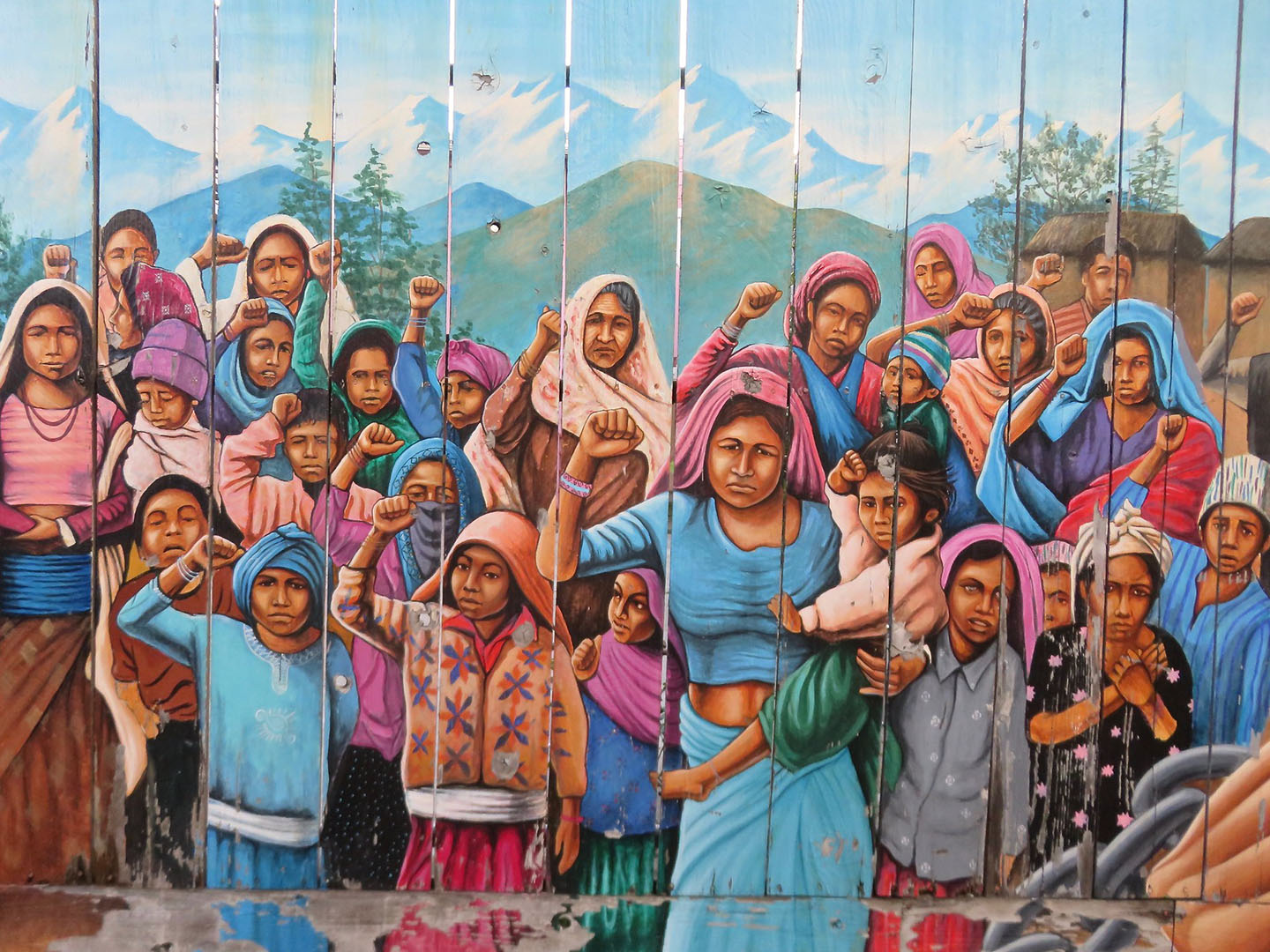Humanitarian crises related to conflict, migration, and climate change are on the rise. In response, institutions and individuals pursue efforts to alleviate human suffering. Many organizations engage fieldworkers and researchers to inform policy and practice. Some of these activities involve observing the lives of vulnerable populations, including those of children and youth. Training and preparation for such activities often privilege institutional or academic experiences and voices. While useful, many of these initiatives are driven by organizational frameworks and objectives that fail to include the perspectives, needs, and goals of young people and communities targeted by humanitarian interventions and research inquiries. Such approaches can replicate relationships of power where the voices and experiences of young people are silenced, their long-standing forms of resilience becoming minimized or even dismissed.
How can we change these dynamics? How do we foster more equal exchanges and encounters with young people and their communities? How can we create strong, enduring, participatory partnerships in the field? How can we avoid harm for others and ourselves in these situations?
Drawing from the facilitator’s experiences on the U.S.-Mexico border, this workshop was especially designed for people planning to embark on volunteer, research, or employment activities involving children and youth. It guided participants through a series of reflections on the dynamics of fieldwork with child and youth populations in humanitarian and academic settings. The facilitator shared tools to collaboratively design strategies that reduce inequalities and build strong solidarity-based partnerships and cooperation.
This event was co-sponsored by the Collaborative on Global Children’s Issues; Walsh School of Foreign Service; Center for Child and Human Development; Center for Social Justice Research, Teaching and Service; Global Human Development Program; Global Health Institute; and Laboratory for Global Performance and Politics at Georgetown University. It is part of the Children in a World of Challenges Workshop series.
Photo courtesy of Flickr user Fabrice Florin


